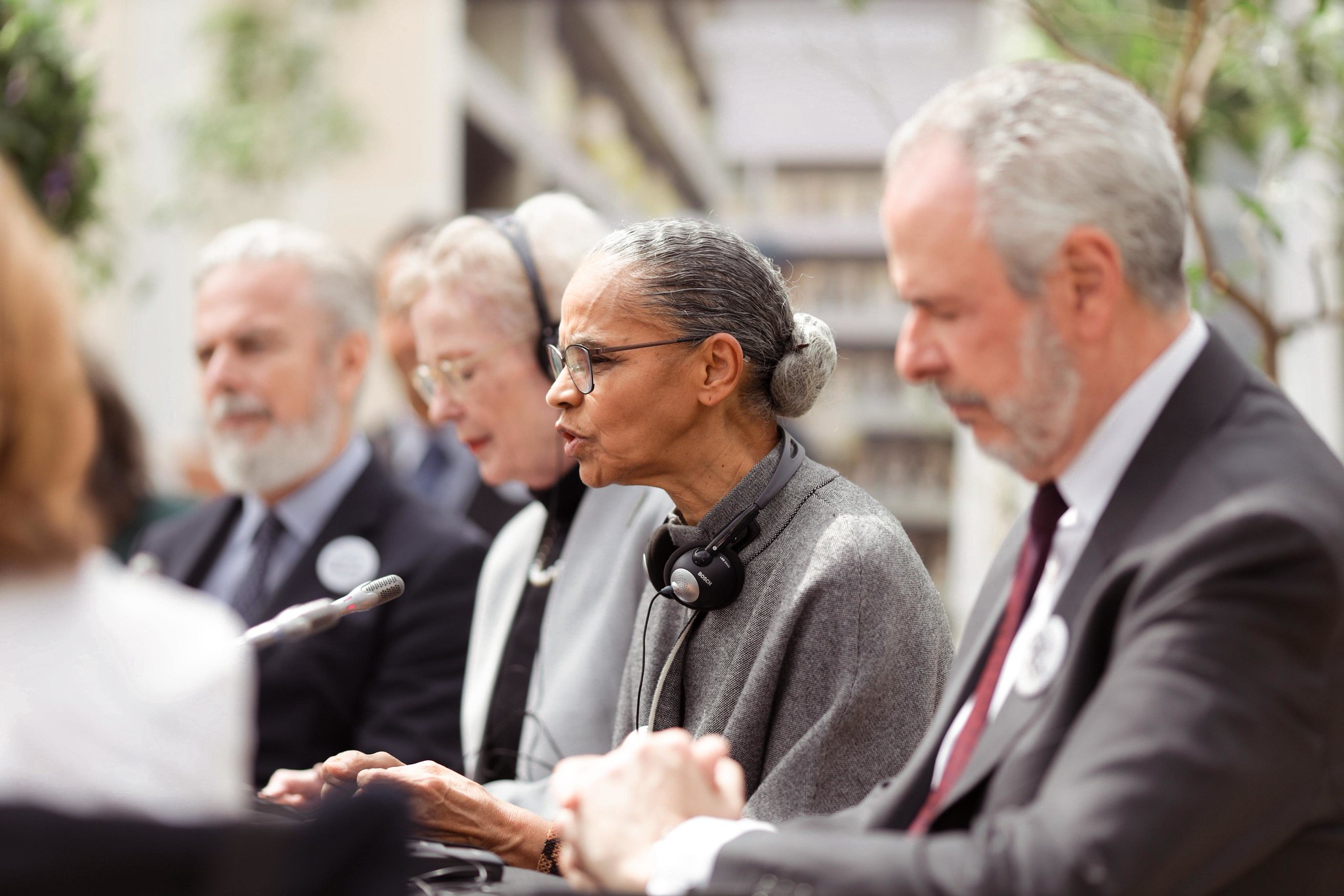
Brazil’s environment minister suggests roadmap to end fossil fuels at COP30
How did your country report this? Share your view in the comments.
Diverging Reports Breakdown
Brazil’s environment minister suggests roadmap to end fossil fuels at COP30
Brazil’s environment minister Marina Silva says a roadmap to end fossil fuel use could be agreed at COP30. Countries have been discussing for two weeks how to take forward the commitments agreed as part of the Dubai deal from 2023. But negotiations broke down at COP29, and have barely inched forward at Bonn this year. Silva hinted at this solution for a just transition away from fossil fuels in its nationally determined contribution (NDC) released last November. But it is the first time a senior minister has advocated for the plan to be discussed at COP20 or COP30, she said. She added that the same can be done to achieve a goal of ending deforestation by 2030, also featured in the deal.
In response to a question from Climate Home during a press briefing on the sidelines of London Climate Action Week on Thursday, Silva said this year’s climate summit in Belém could result in a roadmap setting out what a “planned and just transition to end fossil fuels” should look like.
“Perhaps we can come out of COP30 with a mandated group that can trace the roadmap for this transition,” she added, speaking to journalists in the lavish residence of Brazil’s ambassador to the UK.
In Bonn, countries have been discussing for two weeks how to take forward the commitments agreed as part of Dubai’s Global Stocktake, including the pledge to transition away from fossil fuels in energy systems, with little progress on a way forward at COP30 later in November.
As countries have a deadline to present new national climate plans by September this year, the “UAE dialogue on implementing the Global Stocktake outcomes” is expected to inform new climate policies and signal steps to meet the Paris Agreement goal of limiting warming “well below” 2C. But negotiations broke down at COP29, and have barely inched forward at Bonn this year.
Jennifer Morgan, an architect of the landmark Dubai deal and until recently Germany’s climate envoy, told an event at London Climate Action Week that the breakthrough at COP28 is now “at risk” unless delivery on its commitments is speeded up.
Ever since COP28, governments have repeatedly failed to make explicit mentions of their promise of transitioning away from fossil fuels. At last year’s biodiversity COP in Colombia, this was left out of the final agreement despite a push from vulnerable countries, and at COP29 Saudi Arabia successfully blocked all mentions of fossil fuels.
Forests in the mix
Brazil’s environment minister said in London she has advocated for countries to agree on a roadmap at COP30, which can guide an end to fossil fuel production and consumption. She added that the same can be done to achieve a goal of ending deforestation by 2030, also featured in the Dubai deal.
“We are making a roadmap to reach the $1.3 trillion [in climate finance], so let’s plan the end of fossil fuel use and the end of deforestation,” said Silva. “The worst possible thing would be for us to not plan for this transition.”
Brazil hinted at this solution for a just transition away from fossil fuels in its nationally determined contribution (NDC) released last November – but it is the first time a senior minister has advocated for the plan to be discussed at COP30.
The Brazilian minister, who is a close ally to President Luiz Inácio Lula da Silva, said that when the agreement on fossil fuels was struck in Dubai, the idea was that developed countries should lead and developing nations should follow in driving down both production and consumption.
But “the wars” have changed circumstances, she added, without giving more details. “The big challenge of COP30 is to not let that commitment have no practical consequence,” Silva added.
